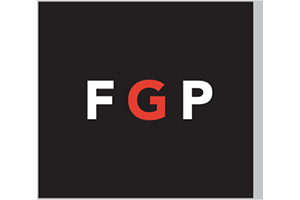There’s no denying that the job search process can be a challenging one. Whether job transitions are voluntary or involuntary, they require time, energy, and a great deal of patience. Even before the hiring market’s drastic turn in 2020, the labor market has consistently been less dynamic for job seekers over the years due to low labor turnover. For active military members, or recent veterans, transitioning from active duty service to a job in the corporate labor market presents even more difficulty than for a typical jobseeker.
These challenges are often multi-faceted but being aware of them can help you not only hire but retain high-caliber candidates for your organization. Here are some common challenges veterans face during their transition:
1. Time: When deployed, soon-to-be-veterans work rigorously up to the moment of separation for usually 7 days a week. This demanding work schedule is constant up until the end of one’s service. Also, these soon-to-be-veterans are usually working in different time zones than the US. For these reasons, job searches are not conducive to the busy schedules of active service providers. As many veterans wrap up their service, they are serving. Thus, veterans aren’t afforded the opportunity and time to begin a formal job search.
2. Transferability: Oftentimes veterans find difficulty in enabling corporate employers to understand their transferable skills applicable to a certain position. While a lot of what is done in the military is transferable, sometimes it is hard to help the business community understand military terminology, acronyms and how the work translates to someone’s business.
3. Roots: While they serve on active duty, veterans are accustomed to moving frequently. As a result, when veterans retire, they sometimes lack a strong sense of “home”, “roots” or a “network”; making it more challenging to determine the geographic bounds of a job search. Usually job seekers confine themselves to searches based off of connections, a home location, or a certain industry. For veterans that have a loose definition of “home,” conducting a job search within a vast geographical area can prove draining and unproductive.
4. Team-orientation: Serving in the military is centered around working as a team contributor, whether in a unit, ship, battalion, squadron, etc. There, teamwork is a mindset deeply ingrained within the values of service, resulting in less emphasis on self. Therefore, veterans that have never interviewed for a job position have a difficult time or do not properly know how to speak about themselves in a self-aware manner. Speaking on one’s weaknesses, strengths, and their experiences may be topics that veterans find challenging in interview settings.
The number one request from transitioning military members is workforce placement and employment assistance. As a Veteran Owned Small Business, FGP is honored to support Hire Heroes USA, a nonprofit organization dedicated to helping active military members, veterans, and their spouses during their job search process. Learn more about the great things their organization is doing for the veteran community: https://www.hireheroesusa.org/.







